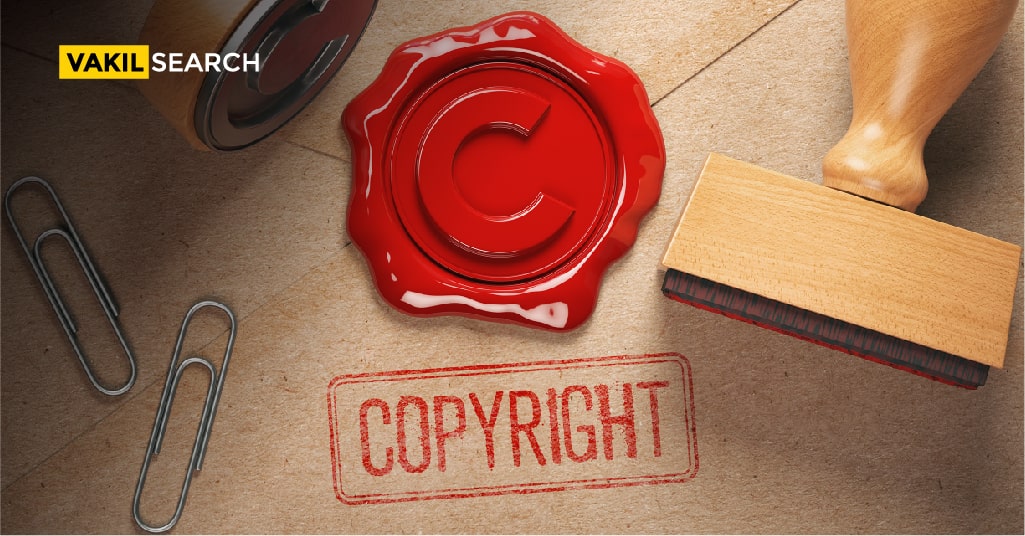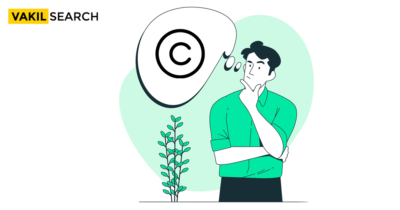In this article, we shall analyse the impact of this American legislation on Internet service providers worldwide and how it fits into the Indian legal ecosystem.
The Digital Millennium Copyright Act (DMCA) is legislation enacted by the United State congress in 1998 in an effort to implement United States treaty obligations and to move the nation’s copyright law into the digital age. It was introduced as an amendment to the then-existing copyright laws of the United States. The DMCA was a result of a collaboration between legislators, consumer advocates, and media companies who lobbied for a formal approach that could aid the copyright holders to assert their ownership rights over materials illegally posted on third-party websites. The 1998 enactment of the DMCA expanded existing copyright laws to include and address issues associated with the internet and digital media and to conform with the requirements of internationally ratified treaties and the World Intellectual Property Organization (WIPO), of which the U.S. is a member. The Act makes major changes to address copyright in the digitally networked environment and reinforces penalties for offenders.
Reasons for Enactment
Newer technologies allowed users to freely download music, movies, and other forms of art without having to attribute the work or pay any form of royalty to the original creator. Previously existing copyright laws were deemed insufficient to provide an adequate amount of protection for different works. Furthermore, more attention was being paid to the applicability of copyrights across different nations, and efforts were being made to enable cross-border implementation of copyright protection.
As an answer to these issues, the U.S. signed two treaties that offered more protection for international copyright holders and also addressed technological complications with regard to keeping copyrights safe. The WIPO Copyright Treaty (WCT) and WIPO Performances and Phonograms Treaty (WPPT) were signed by the United States in 1996 with an intention of extending world protection for copyright holders in their respective countries.
DMCA and WIPO
The first section of the Digital Millennium Copyright Act implements the WIPO treaties. First, it amends U.S. copyright laws to incorporate the WIPO treaties, which are international law. Secondly, it makes it illegal to bypass any technology, such as digital rights management software, meant to protect copyrighted material and adds civil remedies and criminal penalties for violating the prohibitions. Using or selling technology that allows access to material in a way that violates copyright is also illegal.
What Does the DMCA Do?
The Digital Millennium Copyright Act criminalizes the acts of producing and disseminating devices, services or technology that evade the individual control provided by copyrights. The law also makes the act of circumventing access control a crime. Even in the absence of any actual copyright infringement, and increases penalties for any copyright infringement happening on the internet.
The DMCA is enacted through a DMCA takedown notice. A DMCA takedown notice refers to the official notification to the company. Further, internet service providers, search engines,s or web hosts inform them that they are hosting or linking to a material that infringes on a copyright. The website/company in question should then take down the said material because failure to do so could result in the ISP forcibly removing it. Pictures, books, poetry, blogs, artwork, photos, paintings, songs, music, and videos. Further, digital software falls under the ambit of the DMCA takedown notice.
A work does not have to get registration to get protection under the DMCA. Any content that is a tangible form of expression becomes Intellectual Property as soon as it creates. And belongs to the data that the DMCA intends to safeguard. Copyright Registration needs only if one would like to file a copyright infringement lawsuit.
A DMCA notice does not guarantee complete compliance when the subject is based outside the United States. Pursuing the legal alternative is relatively less complicated when the service in question belongs to a country party to the WIPO but becomes a slightly expensive hassle otherwise. Approaching legal experts or DMCA services in such a scenario is advised.
Digital Millennium Copyright Act – A Safe Haven for American Copyright Holders
The consequences of violating the Digital Millennium Copyright Act include both civil and criminal penalties. A civil penalty involves paying damages, while a criminal penalty can include imprisonment and fines. Criminal charges are usually the result of willful infringement, meaning the infringement that commits on purpose and with intent. In a criminal case, violators can face up to five years in prison and up to $500,000 in fines.
The Digital Millennium Copyright Act allows registered copyright owners to file an infringement lawsuit in federal court. If successful at trial, the copyright owner could receive both actual and statutory damages. The DMCA addresses the concerns of the digital age that the U.S. Copyright Act of 1976 could not have foreseen. It is the one-stop solution to additional protections forced by the democratization of publishing, the internet, and technologies such as mobile phones.
DMCA and ISPs
The copyright law does not hold Internet Service Providers directly or indirectly liable for any copyright infringement that occurs through the use of their services. (Online service providers may include email services, forums, and platforms for user-generated content)
The reason behind this is that, with the internet containing millions of gigabytes of data, it becomes impossible for service providers. They are such as Youtube to monitor every single user-submit content. This is on their platform which is why services will generally protect from liability when users post infringing content. It is as long as they adhere to certain guidelines. One such action on online service providers is to block access to or remove infringing material.
ISPs that chose not to remove infringing material post receiving notice may be subject to criminal or civil liabilities. Furthermore, even when they did not participate directly in the, they might find to contribute to copyright violations. It can be through negligence arising from failure to curb copyright violations.
Digital Millennium Copyright Act and Indian Laws
The Digital Millennium Copyright Act is part of the United States copyright law, therefore is applicable only to websites hosted in the US. All sites in the US are bounds to obey the law. Therefore, even if the copyright owner is outside of the US, they can still issue DMCA notice. If the hosting website is in the US. The Indian counterpart to the Digital Millennium Copyright Act can probably find in Section 52 of the Copyright Act.
Section 52(1)(c) of the Copyright Act, of 1957 permits the issuance of takedown notices to file-sharing websites to remove infringing content. Internet Service Providers, content hosts, and other intermediaries may take down content when they receive a take-down notice.
The Copyright Rules, 2013 further lays down that upon receipt of the written complaint. The person responsible for the storage of the infringing copy will require to remove the material within thirty-six hours.
Conclusion
The Digital Millennium Copyright Act is a powerful tool to fight back against those who steal your copyrighted content. In order to prevent the multiple outcomes of having someone infringe upon your content. Further, to obtain maximum benefit in terms of website traffic, SERPS, etc. equip yourself with knowledge and resources to defend your rights. If you have any other queries related to cyber law or require any other kind of legal assistance, then you can get in touch with us and we will ensure that you receive the best possible guidance for your specific needs.
Read more,










